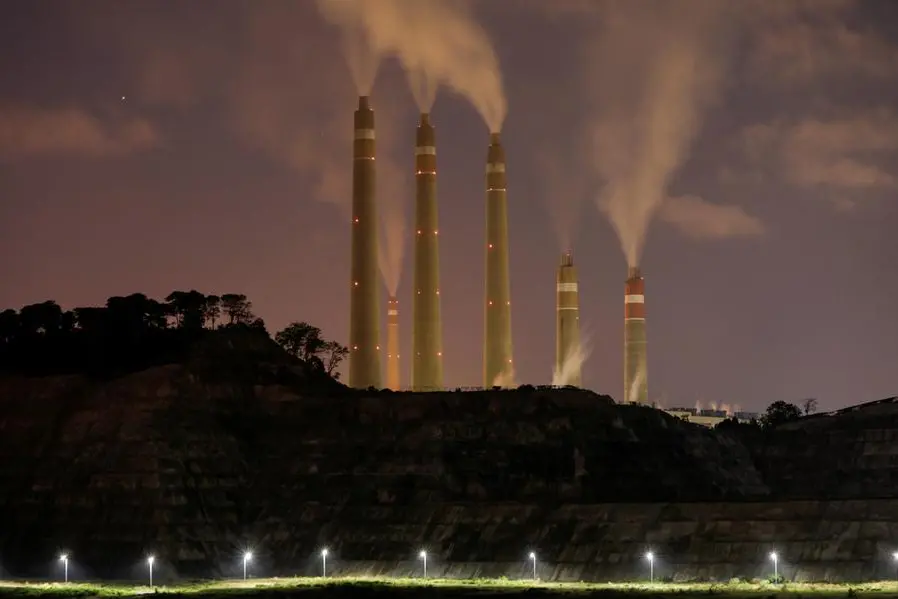PHOTO
Indonesia aims to cut carbon emissions to 250 million tonnes for its on-grid power sector in 2030 and increase its share of renewable energy generation to 44% under a Just Energy Transition Partnership (JETP), its plan showed on Wednesday.
The partnership, a financing scheme of equity investments, grants and concessionary loans from Group of Seven (G7) members, multilateral banks and private lenders, is aimed at helping developing countries shift to cleaner energy in the power sector.
Indonesia's comprehensive investment and policy plan (CIPP) for the partnership was made public to lay out a path for the Southeast Asian country to secure $20 billion in funding under the programme.
Indonesia and a group of investors, led by United States and Japan, had initially agreed to peak emissions from the power sector of 290 million tonnes by 2030, and to increase the renewable share of power generation to 34%, but the scope of the off-grid power system was not fully mapped out at the time.
The CIPP released on Wednesday does not include so-called captive power plants, off-grid systems developed and managed by industries for their use.
Captive coal power stations with 13.74 gigawatt (GW) of capacity are operating in the Southeast Asian archipelago and 20.48 GW are being planned. The recent surge is due to the expansion of the metal processing sector, according to a July report that the Asian Development Bank commissioned.
The coal-fired power plants operated by industries are being excluded from the plan because authorities need more time to work out how to protect the nickel smelting sector, an official involved with the programme said earlier.
"While the off-grid captive power systems are outside of the scope of the current CIPP, Indonesia and IPG share a strong commitment to identifying and implementing viable solutions going forward," Indonesia's JETP Secretariat said in the plan.
Under the plan, more than 400 priority project that would require at least $67.4 billion of investment have been identified.
Coal power early retirement will be carried out for 1.7 GW of capacity by 2040, the plan showed. (Reporting by Fransiska Nangoy; editing by Robert Birsel)





















